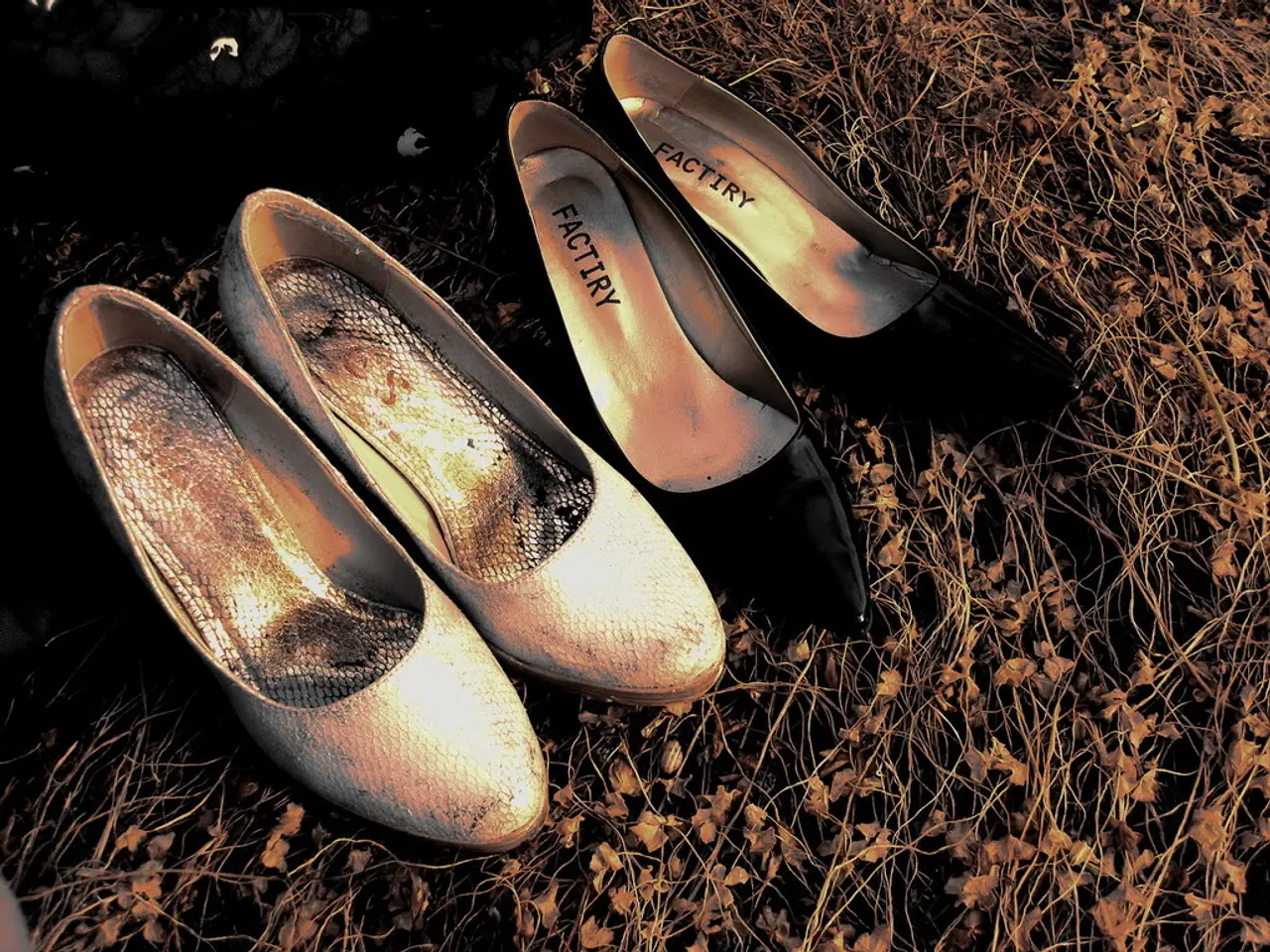Passed away.
Rodion Shchedrin, born on December 16, 1932, in Moscow, was a renowned figure in Soviet Russian music. Known for his complex and experimental compositions, Shchedrin left an indelible mark on the world of music, spanning across various genres and mediums.
Throughout his life, Shchedrin remained devoted to music, leading a measured life until his last day. His works encompassed a wide range, including "Chastushki" for orchestra, the Second Piano Concerto, various songs, music for cinema, theater, and symphonic works.
One of Shchedrin's most notable contributions was his music for ballets and theatrical productions. He composed for "The Frog Princess," "Anna Karenina," "The Seagull," and "The Lady with the Dog," each piece adding a unique flavour to the performances.
Shchedrin's music could be heard in several Soviet films, such as "The Communist," "Anna Karenina," and "What If This Is Love," enhancing the cinematic experience for millions of viewers. One of his most popular works, the "Carmen Suite," was based on Georges Bizet's music and made famous by Maya Plisetskaya, Shchedrin's wife who was a famous ballerina.
Shchedrin was also known for his support of Alfred Schnittke's work during a time when it was not in fashion in the Soviet Union. This act of solidarity demonstrated his commitment to artistic freedom and his willingness to challenge the status quo.
The "Carmen Suite" was aired numerous times on Soviet television, expanding its audience and solidifying Shchedrin's reputation as a talented and experimental composer. Shchedrin's music requires further exploration by multiple generations of researchers and interpreters, ensuring his legacy will continue to evolve.
Shchedrin's life was long and eventful, with numerous premieres and performances of his works in various parts of the world. He was unexpectedly encountered in various locations, such as the Gallery at Marienplatz in Munich, adding to the mystique surrounding his persona.
Shchedrin was a charming and witty conversationalist, as witnessed during small interviews and concert commentaries on the radio. His pleasant personality endeared him to many, making him not just a brilliant composer, but also a beloved figure in the world of music.
Rodion Shchedrin's passing has definitively closed a chapter in the history of Soviet Russian music of the past century. His contributions to the field will continue to be celebrated, both during the Soviet era and post-Soviet times. Shchedrin represented an entire era, bridging different worldviews and eras, and his music continues to resonate with audiences today.
Read also:
- Understanding Hemorrhagic Gastroenteritis: Key Facts
- Stopping Osteoporosis Treatment: Timeline Considerations
- Expanded Community Health Involvement by CK Birla Hospitals, Jaipur, Maintained Through Consistent Outreach Programs Across Rajasthan
- Reducing Anxiety Through Nutrition: Edibles That Soothe the Mind








